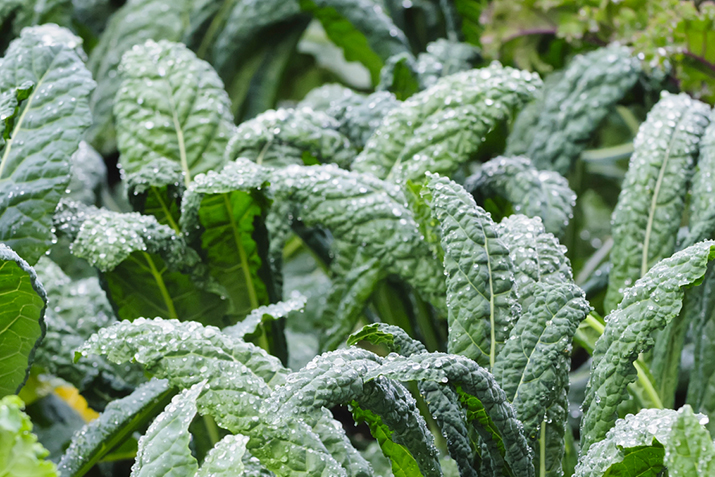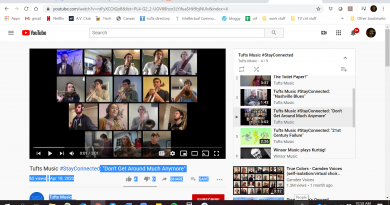Shopping 101
By Cathy Stanton, Senior Lecturer in Anthropology

For the past four years I’ve been active in the leadership of my local food co-operative, a small retail store in a low-income community in north-central Massachusetts. For me, this has meant re-learning how I shop for food. I’ve gotten comfortable buying what’s available and in season rather than being reasonably sure, as I was when I shopped mostly at supermarkets, of finding everything I wanted year-round. At this point that doesn’t feel like a hardship. But it’s been hard to build our customer base and the store has been struggling to survive financially since it opened five years ago. A lot of people have been deeply resistant to losing the convenience, choice, and abundance they’ve gotten used to at the supermarket—until COVID-19.
Suddenly everyone is re-learning how to shop. And what they’re learning during this moment of social distancing and shaky certainties—to be more adaptable, to be thrilled when there’s something beautiful in the produce case even if it wasn’t what they were looking for, to pay more attention to where items are coming from, to buy in bulk and keep your pantry stocked, to try again next week if someone else just grabbed that last roll of paper towels—just happens to map directly onto the skills you need in order to provision yourself from a small-scale, locally-oriented food market.
Our store’s sales have literally doubled in the past month. We’re seeing new customers every day. We’re able to source from suppliers who lost their other outlets when the schools and restaurants shut down. We’ve added staff in a moment of massive layoffs and job losses. We have enough money to pay our bills every week. It’s disorienting and kind of wonderful.
Oh, and I’m also teaching two classes online and doing a lot of the usual end-of-academic-year things. Most of my teaching these days is about food systems and the co-op has been the place where I get to think about putting ideas into practice, so there’s lots of fodder for next fall’s classes once I get a moment to think ahead about those. I have no idea how much of the re-learning that’s currently going on will stick once we’re back to something more like normal life, but the fact that it’s happening so quickly gives me hope that changing how we relate to our food supply might not be as intractable as it has seemed until now.


